The Space Between Crisis and Healing
In Walla Walla, there’s a quiet kind of grief that doesn’t always make the news: the families, friends, and classmates who carry unanswered questions.
There are silent struggles that everyone is going through, it is more common than most people realize. Especially the kind that follows loss—the unanswered texts, the empty chair in class, the ache that settles in a community that doesn’t know what to say. There is always a need we can meet for those struggling with mental health, whether that's prevention, intervention, or postvention.
In light of International Suicide Survivors Day on November 21st. We are recognizing Blue Mountain Health Cooperative, an organization that steps in to address the overwhelming need for crisis support. A space between crisis and healing; a place where people don’t have to face the silence alone.
For someone waiting weeks to see a counselor, BMHC is a free, student-run mental health clinic that offers same-day appointments. For families reeling after loss, they provide postvention support, showing up with quiet steadiness when words feel impossible. For those unsure where to start, they help navigate resources, walking alongside until help feels reachable. “There are days when it feels like the need is endless,” says Ryan McKown, executive director of BMHC. “But then you see one person show up, one student gets the help they need, and it reminds you why we started.” This bridge work doesn’t always make headlines, but it saves lives—both literally and emotionally. It’s the kind of care that rebuilds hope, one relationship at a time.
“Sometimes the hardest part isn’t the crisis itself,” says Ryan. “It’s the space that comes after—when everyone assumes you’re okay, but you’re still trying to find your footing.”
For Ryan, this work is more than professional—it’s deeply personal. When he stepped into leadership at BMHC, he carried with him a conviction that no one should face pain in isolation. Under his guidance, BMHC has become a place where hope feels tangible. Training community members and university students in suicide awareness, walking alongside families after loss, and creating a space where healing begins with connection.
BMHC has focused on being that crucial bridge between crisis lines and long-term care, between hurt-filled people and the help needed, between silence and connection. Partnering with the City of Walla Walla, they’ve helped strengthen community response systems, while also navigating the growing demand for mental health services and the strain it places on local providers. Yet even as the need grows, the clinic itself faces uncertainty: meeting a critical need that may soon be jeopardized due to limited funding and resources. Through it all, Ryan leads with presence more than policy—the kind that invites both his staff and the community to slow down, to listen, and to show up.
As he often reminds his team, “Healing happens in relationships. We can’t erase someone’s pain, but we can make sure they don’t face it alone… At the end of the day, this is about presence,” says Ryan. “We can’t promise to fix everything, but we can promise to stay—and that changes things.”
As International Suicide Survivors Day reminds us, no one is meant to do this alone. If you or someone you know is struggling, you can contact the 988 Suicide and Crisis Lifeline. Free, confidential help is always available.
And for students who want to be part of the change, there are opportunities to make a difference in places you might not expect. Whether it’s through an internship, practicum, or volunteering, you can help build a community where showing up for one another isn’t the exception—it’s the norm.
If this is an initiative that you would like to support, click here to donate.

